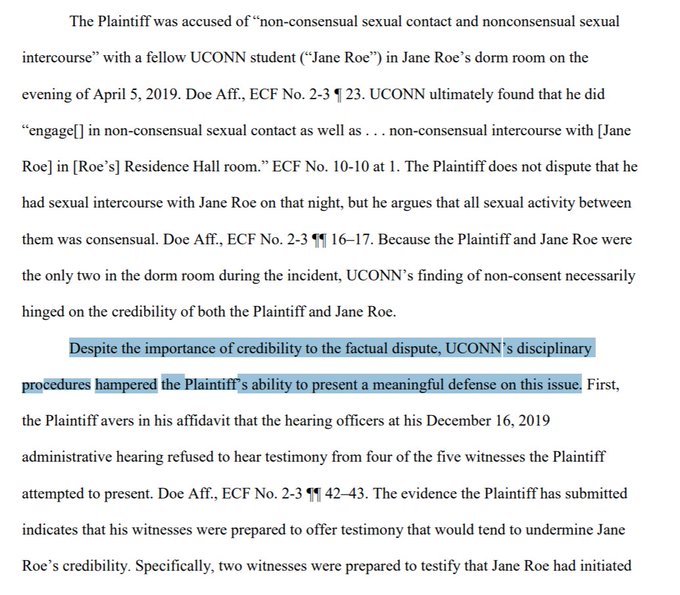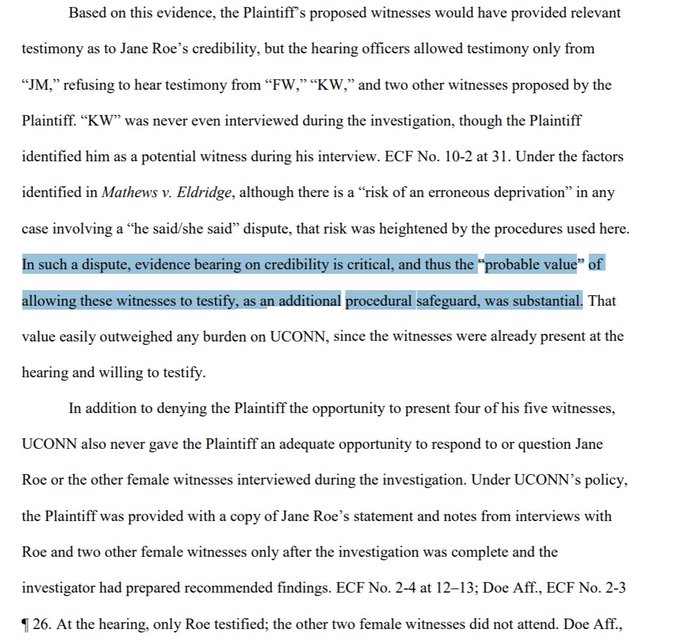Ray Carter, Director, Center for Independent Journalism
Senate Bill 1466, by Sen. Julie Daniels, creates the “Student and Administration Equality Act.” Under the legislation, any college student accused of a violation of the school’s disciplinary or conduct rules that carries a potential penalty of 10 or more days suspension or expulsion “shall have the right to be represented at the student’s expense by a licensed attorney or, if the student prefers, a nonattorney advocate.” Under the proposed law, the student’s attorney “may fully participate during the disciplinary proceeding” and would be allowed “the opportunity to make opening and closing statements, to examine and cross-examine witnesses, and to provide the accuser or accused with support, guidance, and advice.”
“It’s very important that you make sure that anyone accused in these instances has full due process, even though they are not appearing in a court of law but they are essentially appearing before a tribunal,” said Daniels, R-Bartlesville.
Students who bring a complaint against another student would have the same right to attorney representation and participation during a hearing, and colleges would be required to provide advance notice of hearings.
Universities that fail to comply with the proposed law could be sued for compensatory damages, reasonable court costs and attorney fees, monetary damages “of not less than the cost of tuition paid by the student,” plus monetary damages of “not less than the amount of any scholarship funding lost as a result of the institution discipline.”
Some lawmakers appeared skeptical of the need for the legislation.
“Can you cite an example where the problem is here?” asked Sen. J.J. Dossett, D-Owasso. “So if a student gets treated unfairly by the institution, can they not do this already? Is there no way for them to push back right now?”
Daniels noted that although the University of Oklahoma makes public the rules for its disciplinary proceedings, and that “the student can have an advocate or attorney present, that person may not participate in the proceeding. So this is a very big change in my bill.”
“Is this overreaching and making the institutions of higher education comply with the state mandating instead of empowering the Regents to set forth this policy?” asked Sen. Carri Hicks, D-Oklahoma City.
Daniels said the bill does not force colleges to change their policies regarding what actions can result in expulsion, but “simply makes sure that we have a full due process, orderly process, for the accused, the accuser, and the student organization.”
She noted the causes for expulsion range from accusations of infringing on another’s free-speech rights to sexual assault. Daniels said the officials sitting on the tribunal are “going in with some advantage over the student who may have an advisor that doesn’t get to participate in their defense.”
Sen. Gary Stanislawski, R-Tulsa, said the lack of due process in many college hearings can create legal problems for students under investigation that increase the importance of addressing the issue.
“Is it not true that anything that is said in that tribunal, as you called it, anything that is said there—witnesses, testimony—may be used in a court of law in the future?” Stanislawski asked.
“That’s all open record,” Daniels said.
When the Foundation for Individual Rights in Education (FIRE) rated the top 53 universities in the country “based on 10 fundamental elements of due process,” the civil rights organization found “the vast majority of institutions lacked most of the procedural safeguards we looked for in written policies.”
FIRE reported that just 28.3 percent of the universities reviewed “guarantee a meaningful hearing, where each party may see and hear the evidence being presented to fact-finders by the opposing party, before a finding of responsibility.” Only a distinct minority of schools allowed students to have the active participation of an advisor or provided the opportunity for “meaningful” cross-examination.
Oklahoma colleges were not among those reviewed in that report.
Nationally, a growing number of students have successfully sued colleges and universities for violations of due-process rights in disciplinary hearings. In 2018, the U.S. Court of Appeals for the Sixth Circuit sided with a student and ruled against the University of Michigan, declaring that “if a public university has to choose between competing narratives to resolve a case, the university must give the accused student or his agent an opportunity to cross-examine the accuser and adverse witnesses in the presence of a neutral fact-finder.”
SB 1466 passed the Senate Education Committee on a 13-1 vote. Hicks was the only lawmaker to vote in opposition.


